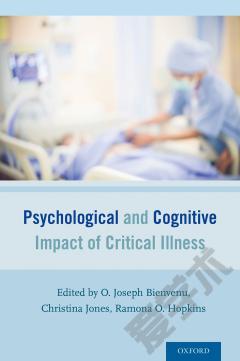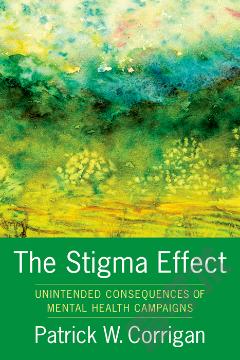The Impact of Severe Mental Illness on Quality of Life: Challenges for Research and Practices
This monograph deals with the health-related quality of life deficit (QOL) of people with severe mental disorders, focusing on issues related to its concept, characteristic profile, on developing the Distress/Protection Vulnerability Quality of Life Model including vulnerability (neurobiological and genetic), primary, and secondary factors, as well as on challenges for research and practice. The aim of this book is to provide a state of the art overview for QOL of people with severe mental disorders such as schizophrenia, schizoaffective disorders, major depressive disorder and bipolar disorder. In addition to a comprehensive overview of the latest achievements in the study of QOL, the book contains a detailed analysis of the following factors using comprehensive data from the Sha'ar Menashe Quality of Life Projects: symptom severity, emotional and somatic distress, functional capacity, suicidal behavior, circadian rhythms and sleep disturbances, antipsychotic drugs and adverse effects, neurocognitive deficit, awareness of illness, coping strategies, perceived social support, personality traits, lack of pleasure (anhedonia), and perceived health care needs. Analyzed samples included findings from clinical trials and cross-sectional and ten-year follow up studies of people with schizophrenia, schizoaffective disorders and mood disorders. The present book contributes to the literature in this field by making suggestions for improving research endeavors and clinical practice. Future research needs to address QOL deficits in all its multifaceted complexity so that it becomes clearer what the concept encompasses.Target Audience:Researches, psychiatrists, psychologists, neurologists, neuroscientists, pharmacologists, graduate students, health care providers and policy makers in the fields of mental health and rehabilitation.
{{comment.content}}








 京公网安备 11010802027623号
京公网安备 11010802027623号